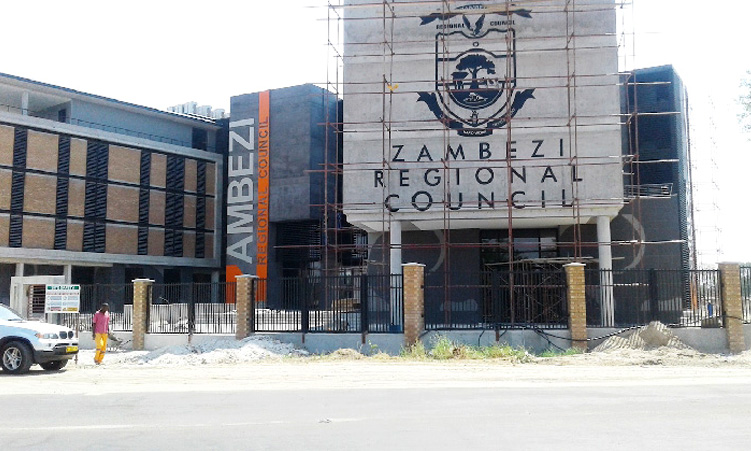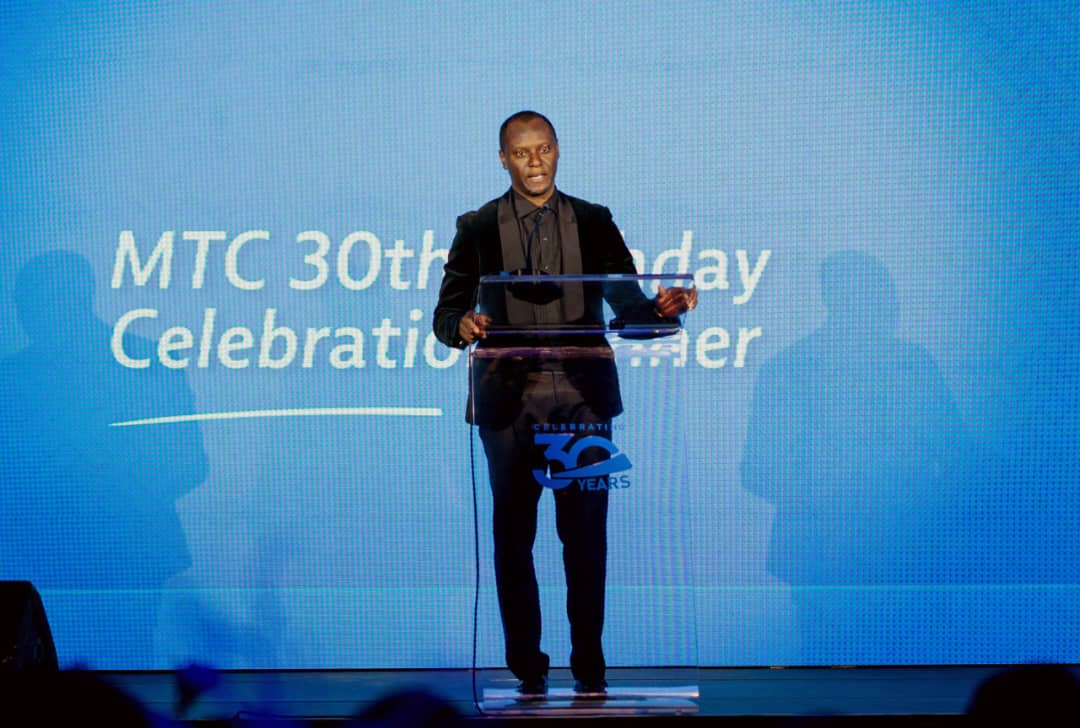A ZIMBABWEAN state plan to rescue the shattered economy has not made life easier for many people who are losing patience with no western aid in sight.
The credibility of the unity government between President Robert Mugabe and Prime Minister Morgan Tsvangirai depends on its ability to persuade western donors and foreign investors to pour billions of dollars into the country.
That could take years, because donors first want serious political and economic reforms before making any commitments. So the new leadership will come under mounting pressure to ease widespread hardships in the meantime.The unity government has launched a short-term recovery plan to raise industrial output and remove government controls over the economy. The recovery plan also involves political reforms.Shops are full, bank queues have disappeared and a decision to allow the use of multiple foreign currencies has provided some relief for Zimbabweans, who have been battered by the world’s highest inflation rate.The availability of more goods has opened opportunities to generate cash. But the real test is whether Mugabe and Tsvangirai can create jobs, with unemployment at 90 per cent.Japhet Ndoro earned a living by repairing watches and selling cheap jewellery at a busy Harare street corner. Ndoro can now offer cigarettes, vegetables and biscuits as well.His life remains a struggle, nevertheless.’It’s not easy making ends meet in this town, and I have had to hawk some foodstuffs here because many people can only afford essentials now,’ he said, pointing at vegetable bundles spread on a plastic mat next to his wooden watch repair stall.There are still concerns in the country that old rivals Mugabe and Tsvangirai may not be able to make the government work after decades of animosity, although political tensions have eased.’People are suffering and that’s a reality,’ Tendai Biti, the Minister of Finance, told the BBC’s Radio 4.’When you have 95 per cent of the population living below the poverty line, surviving on less than 20c a day, that’s a disaster. So I think our people need help.’At first people like Jeminosi Gumbo cheered a new monthly flat US$100 (about N$841) wage the practically bankrupt government started paying to all civil servants – from the head of every ministry to an office cleaner.But daily costs are still crippling and the money does not go very far to cover transport, food and school fees.On average, a civil servant spends half his wages on rent.’It’s very tough, and I think it’s going to stay like this for a while,’ said Gumbo, a senior accounts clerk in a government department.The 56-year-old father of five is still overwhelmed, despite being able to earn an extra US$200 by hawking used clothes at a flea market.’The government just has to put more effort to ease our plight,’ he added.Money is even tighter in rural areas. Villagers in some districts are forced to barter to access some services.Hospital fees are paid with beans, peanuts and chickens. Repairing many dilapidated medical facilities may not be possible without enough foreign aid.Zimbabwe had secured US$400 million in credit lines from African states to revive the country’s ailing industries, state media reported last Wednesday, in the first major financial package since a unity government was formed.That will not come in time for thousands of disgruntled teachers, who are threatening to strike again before the new school term this week if wages are not raised.The country’s vital industrial sectors are operating at below 20 per cent of capacity, and the new government, even with support from some UN agencies, is struggling to meet the current wage bill.’The government is in a difficult situation to deliver quickly, but both industry and ordinary people are desperate and will be pressing,’ said John Robertson, a Zimbabwean private economic consultant.Zimbabwe’s economic crisis has driven about a quarter of the 12 million population abroad, many to South Africa, to scratch a living. Many are waiting to see if the new government can deliver before they consider returning.Those who stayed may have been encouraged by the power sharing deal.But it is difficult to keep hopes up, especially when western donors remain sceptical.’At 31, I should be taking care of myself, but I am having to rely on a subsidy from a sister, who is in London,’ complained Josephine Banda, a teller with a commercial bank. -Nampa-Reuters
Stay informed with The Namibian – your source for credible journalism. Get in-depth reporting and opinions for
only N$85 a month. Invest in journalism, invest in democracy –
Subscribe Now!










